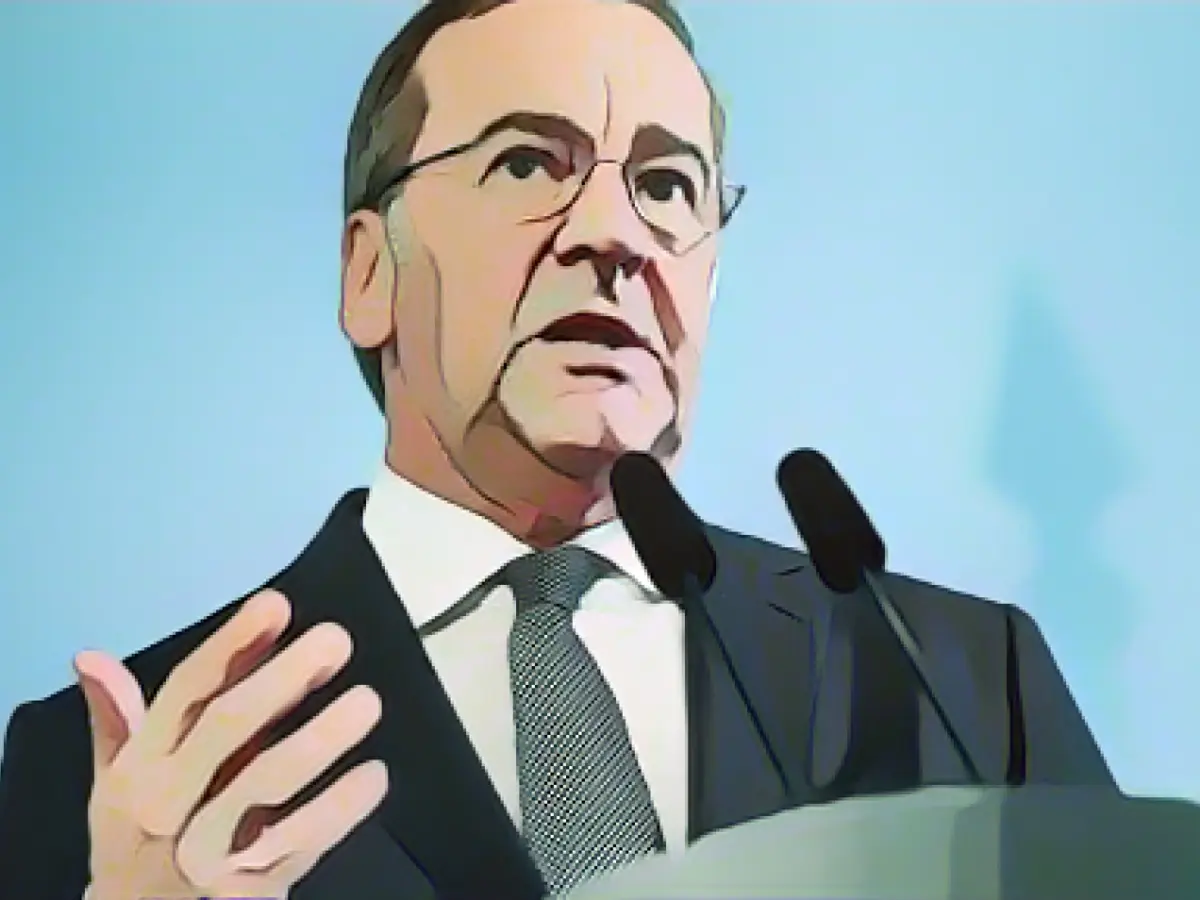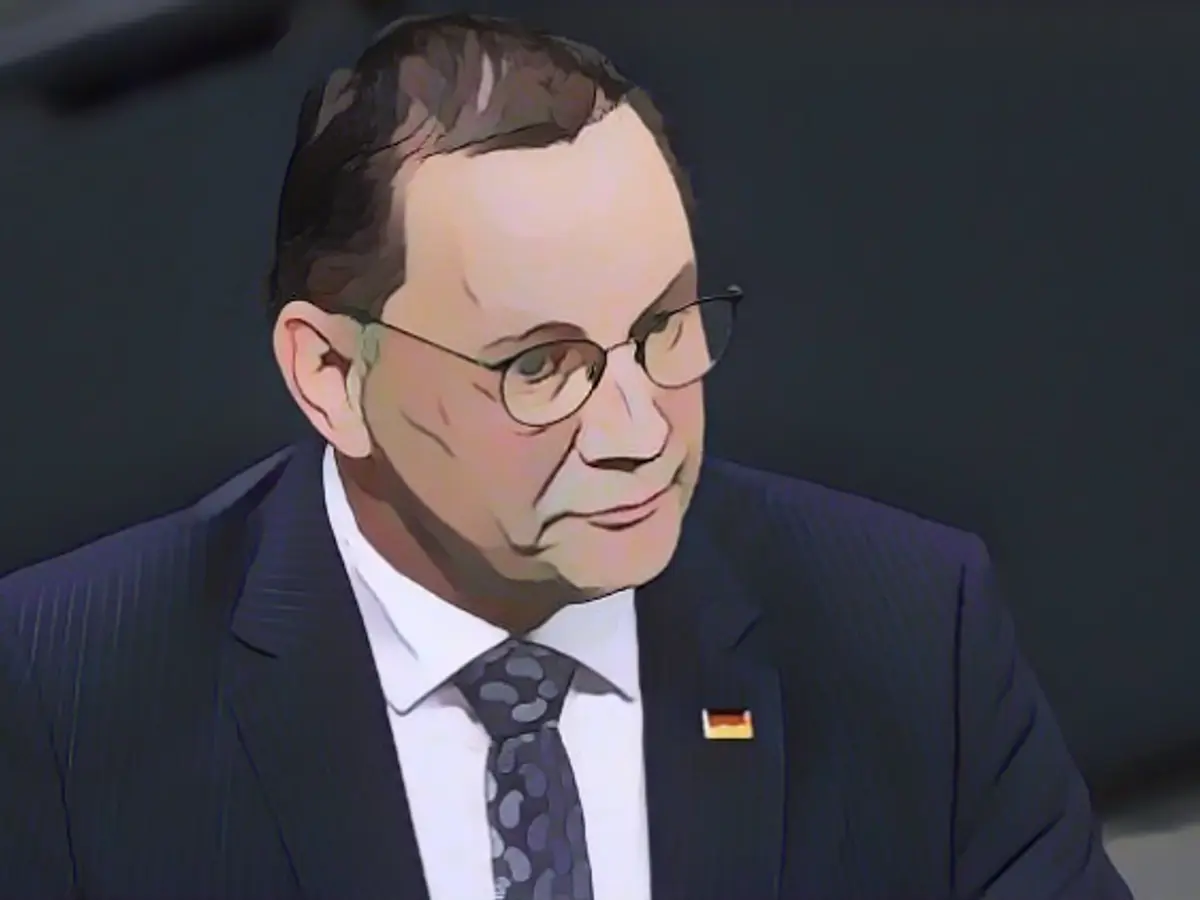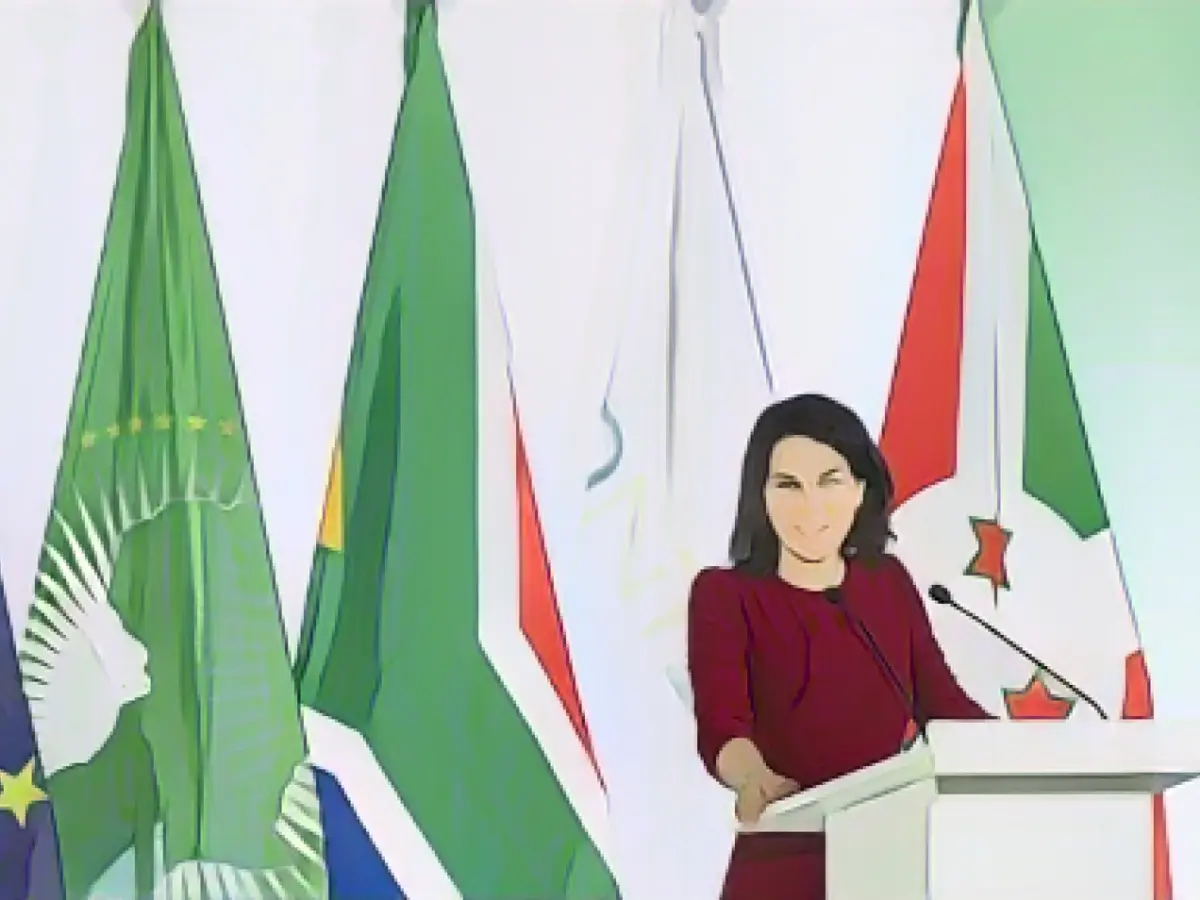Title: Shifting Gears at COP28: The Fossil Fuel Debate
In the 29-year journey to combat climate change at global conferences, a turning point was reached in an unexpected locale – an oil-rich nation. At COP28 in Dubai, the primary source of the crisis—fossil fuels—was finally acknowledged. However, the celebration of this "beginning of the end" for fossil fuels was met with skepticism by many.
Although nearly all nations have set their sights on phasing out fossil fuels, the conference failed to establish a clear roadmap for the phase-out of coal, oil, and gas. Despite support from over 100 countries, a clear roadmap was not established, leaving ample room for controversial technologies and formulations.
The poignant ending in Dubai exposed a deep-rooted conflict at global climate conferences – those most affected by the escalating crisis often bear little negotiation power. While the crisis takes its toll on these nations with increasingly severe and frequent droughts, heatwaves, storms, and floods, they struggle to shape the conversation.
On the other hand, the lobby for coal, oil, and gas wielded significant influence in Dubai. Data analysis by activists revealed that at least 2456 fossil fuel representatives were accredited at the UN meeting – nearly four times the number of delegates from the ten countries most vulnerable to global warming.
Behind the scenes, pressure was building up in support of fossil fuel industries. Evidence of this surfaced in an incendiary letter from the oil cartel Opec, which urged the blocking of ambitious resolutions to phase out coal, oil, and gas.
The host's dual role in the conference raised suspicion among environmental activists. As the head of the state oil company Adnoc, the host not only invited scrutiny but also encouraged it. Adnoc plans to boost oil production by 25% by 2030, a move critics deem a assured pathway to accelerating "catastrophic climate change."
The stage is set for next year's World Climate Conference in Azerbaijan. Azerbaijan, like the UAE, is an oil state, raising concern among environmental advocates. "It's highly problematic," said Christoph Bals of Germanwatch. Additionally, there are issues with corruption in the region.
References
- The COP28 conference in Dubai emphasized the need to phase out fossil fuel emissions and transition to a renewable energy system. Progress and controversies surrounding the conference are outlined below:
Progress
- UAE's Presidency's Plan:
- The UAE Presidency at COP28 aimed to accelerate the energy transition in a fair, equitable, and orderly manner by reducing direct emissions from the oil and gas industry and from energy purchases (Scope 1 and 2 emissions) by half before 2030.
- Scope 3 emissions were also included in the agenda, emphasizing shared responsibility between producers and consumers.
- Renewable Energy Goals:
- The conference targeted tripling renewable energy capacity worldwide by 2030 and doubling energy efficiency, potentially reducing global average solar energy costs by 40-50%.
- The UAE has committed to investing $300 billion in renewable energy projects, supporting a sustainable future.
- Global Targets:
- The aim is to reduce fossil fuel emissions to achieve net-zero emissions by 2050 through a mix of carbon emissions reductions from the fossil fuel industry and the promotion of renewable energy initiatives.
Controversies
- Scope 3 Emissions Debate:
- The allocation of responsibility for Scope 3 emissions was the subject of debate at the conference. While the UAE Presidency included Scope 3 emissions in the agenda, Western countries opposed making final consumers solely responsible for these emissions, advocating for shared responsibility between producers and consumers.
- Transition Speed:
- Critics argue that the transition from fossil fuels to renewable energy is not happening fast enough to meet the 1.5°C target. The International Energy Agency estimates that global investments in renewable energy must triple by 2030, reaching over $4 trillion annually.
- Economic Impact:
- The transition to renewable energy could pose significant economic implications, especially for oil economies like the UAE, whose industry may resist the rapid transition to maximize profits.
- Mixed NDCs:
- A combination of strong commitments and weak targets from various countries raises concerns about meeting the 1.5°C target. Countries must develop comprehensive and detailed climate plans to ensure progress in phasing out fossil fuels.
In conclusion, while progress has been made in recognizing the need to phase out fossil fuels, controversies continue to surface. The speed, equity, and economic impact of the transition remain central points of debate as the world grapples with the urgent climate crisis.








